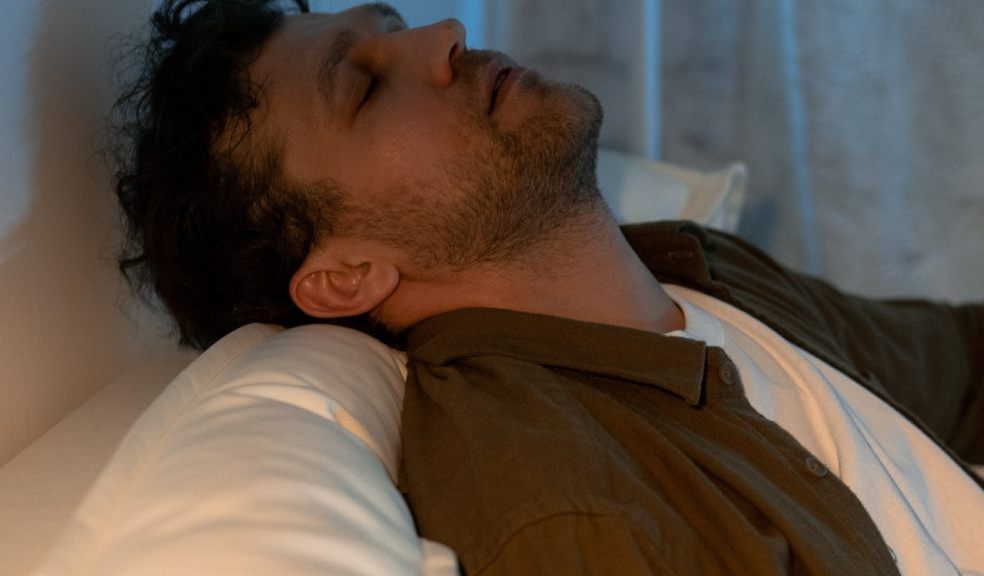
Gadget, drugs, alcohol and other addictions rose during the COVID-19 pandemic
COVID-19 has had a significant influence on people's daily lives. To protect the virus from spreading, tight measures have prioritised keeping a physical distance from other individuals; a practice called social distancing.
These initiatives resulted in drastic changes in the economy. As a result, most trips and recreational activities were canceled, and non-essential companies were shut down.
During this period, there has been a rising worry around the world that living under tight social distancing laws may significantly influence the population's mental health. This is why gadget, drug, and alcohol addiction has potentially increased during this period.
While we understand the root of these addictions, we also have to present a united front to combat them.
Check the details of these addictions and ways to mitigate them derived from Ascendant best practices (click for details). AscendantNY is one of the best detox centers, and they treat all kinds of addictions.
The pandemic’s global impact
The COVID-19 pandemic has significantly contributed to the loss of potential human lives worldwide. On top of that, it posits an unparalleled threat to food systems, public health, and workplace conditions.
The pandemic's economic and social effects are devastating: tens of millions of people are at risk of falling into extreme poverty, and the number of undernourished people, which is currently estimated to be around 690 million, could rise to 132 million by the end of the year.
Hundreds of businesses are in danger of going out of business. In addition, nearly half of the world's 3.3 billion workers are on the verge of losing their jobs.
Workers in the informal economy are particularly vulnerable because they lack social security and excellent health care and have lost access to productive assets.
Many people are unable to feed themselves and their families during lockdowns because they lack the means to earn a living. For most people, no money equals no food, which is why people have developed certain addiction habits during this pandemic.
COVID-19 pandemic and gadget addiction
Although schools are progressively reopening, many pupils have already felt the effects of a year and a half of being locked up at home.
Excessive Internet/gaming/mobile addiction, which was already a concerning tendency before the Covid outbreak, has reached new heights during the pandemic.
Many youngsters who went online for school lessons became obsessively addicted to browsing their computers and phones all the time.
The pandemic has facilitated this behavior by boosting screen time due to classes/work and providing individuals with reasons to participate in it.
Social media has been a gift in terms of interacting with others, but being addicted to these gadgets is about youngsters losing control and being unable to stop.
It has also reduced their academic performance, quality sleep, family interactions, etc. As a result, their dietary habits and mood swings have also changed, which is a significant adverse impact of gadget addiction during the pandemic.
COVID-19 pandemic and drug addiction
In the 2020 report published by the Centers for Disease Control and Prevention, we saw that 13% of Americans started or increased drug use as a strategy of coping with COVID-19-related stress or anxiety.
Since the start of the pandemic, drug overdoses have also increased. According to the ODMAP reporting system, the early months of the pandemic saw an 18% rise in overdoses nationally compared to the same months in 2019.
According to the American Medical Association, the trend has persisted into 2020, with rises in opioid-related mortality. It even bestows continuing concerns for persons with drug use disorders in more than 40 U.S. states.
Even when their usual substances became challenging to get, some of them got addicted to new drugs. However, none of them have been reported leaving these addictions, proving how severely the social isolation has impacted them.
COVID-19 pandemic and alcohol addiction
The most often used psychoactive drug is alcohol. During the COVID-19 pandemic, reports showed that alcohol sales in supermarkets and off-licenses increased.
According to certain research, around 30% of individuals drank to cope with the pandemic at dangerous amounts. In addition, some people who got into arrears during the pandemic chose alcohol as a medium to seek refuge.
COVID-19 has seen a significant surge in alcohol usage. During the first week of the pandemic, national alcohol sales increased by 54%, and the following surveys suggested that rates of alcohol use continued to rise.
According to a poll conducted in 2020, the total frequency of alcohol intake among US adults grew by 14% over time compared to a baseline period of the previous year.
How can psychologists help us cope with the pandemic without these addictions?
Psychologists are in an excellent position to help patients battling drug or alcohol abuse issues during the pandemic.
However, the sort of medicine they use determines how they assist their patients. Medications like buprenorphine are a vital part of treating opioid use disorder.
The first step in reducing the long-term effects of opiate addiction, including overdose, is to encourage individuals to seek medical care.
Concurrent psychological treatment can help patients stick to their medication schedules, recognize and respond to stresses in healthier ways that lead to opiate addiction, and address linked disorders, including pain, PTSD, anxiety, and depression.
Psychologists can also raise awareness across the country that this can save lives.
There is no FDA-approved drug that doctors may use to assist patients in recovering from stimulant use, such as methamphetamine or cocaine. Still, there are a variety of behavior-based strategies that psychologists can employ.
Some physicians combine CBT with a technique known as contingency management, which encourages abstinence by rewarding patients with alternative reinforcers such as gift cards or vouchers if they don't take drugs.
Signing off
The use of any form of chemical, including alcohol and drugs, or being over-reliant on gadgets as a coping mechanism for stress management is useless.
Even though medications temporarily relieve the isolation symptoms, they trigger a cycle in which the unpleasant symptoms worsen rather than alleviated.
This is why those addicted to drugs, alcohol, or gadgets during the pandemic must contact psychologists, counselors, or therapists to come out of it and deal with the social distancing practices with an open mind.
If you want to know more about it, ask us in the comment section below.













